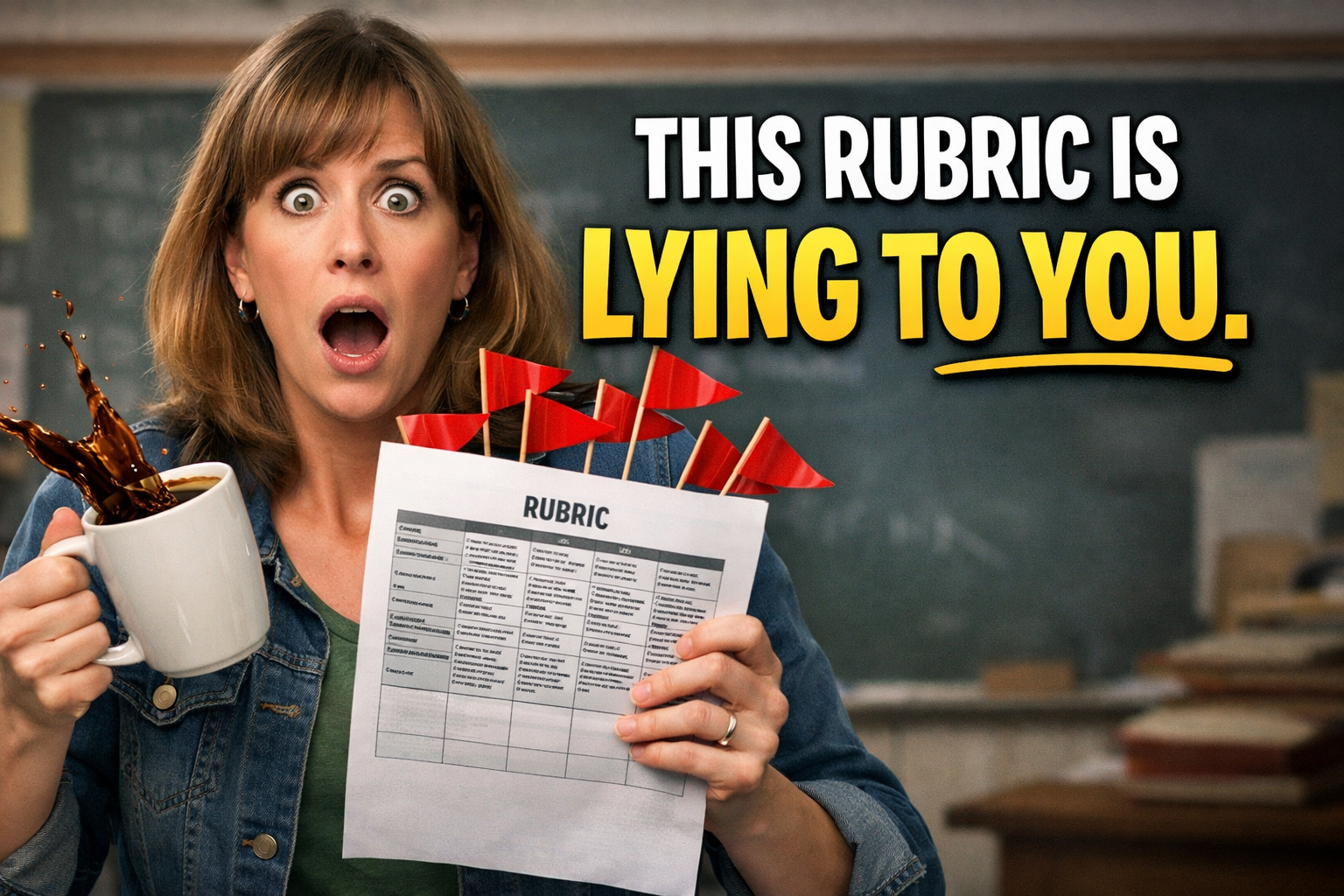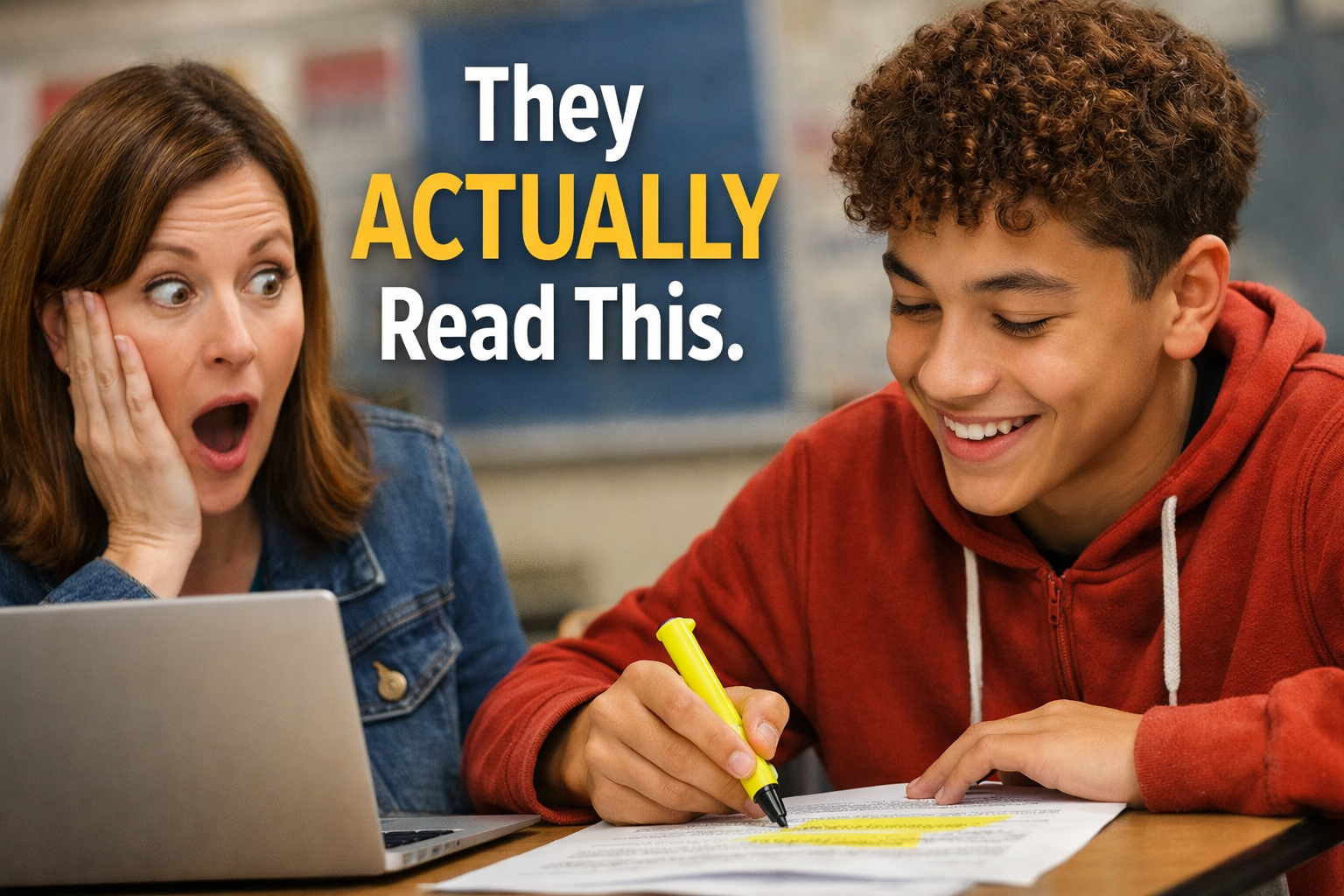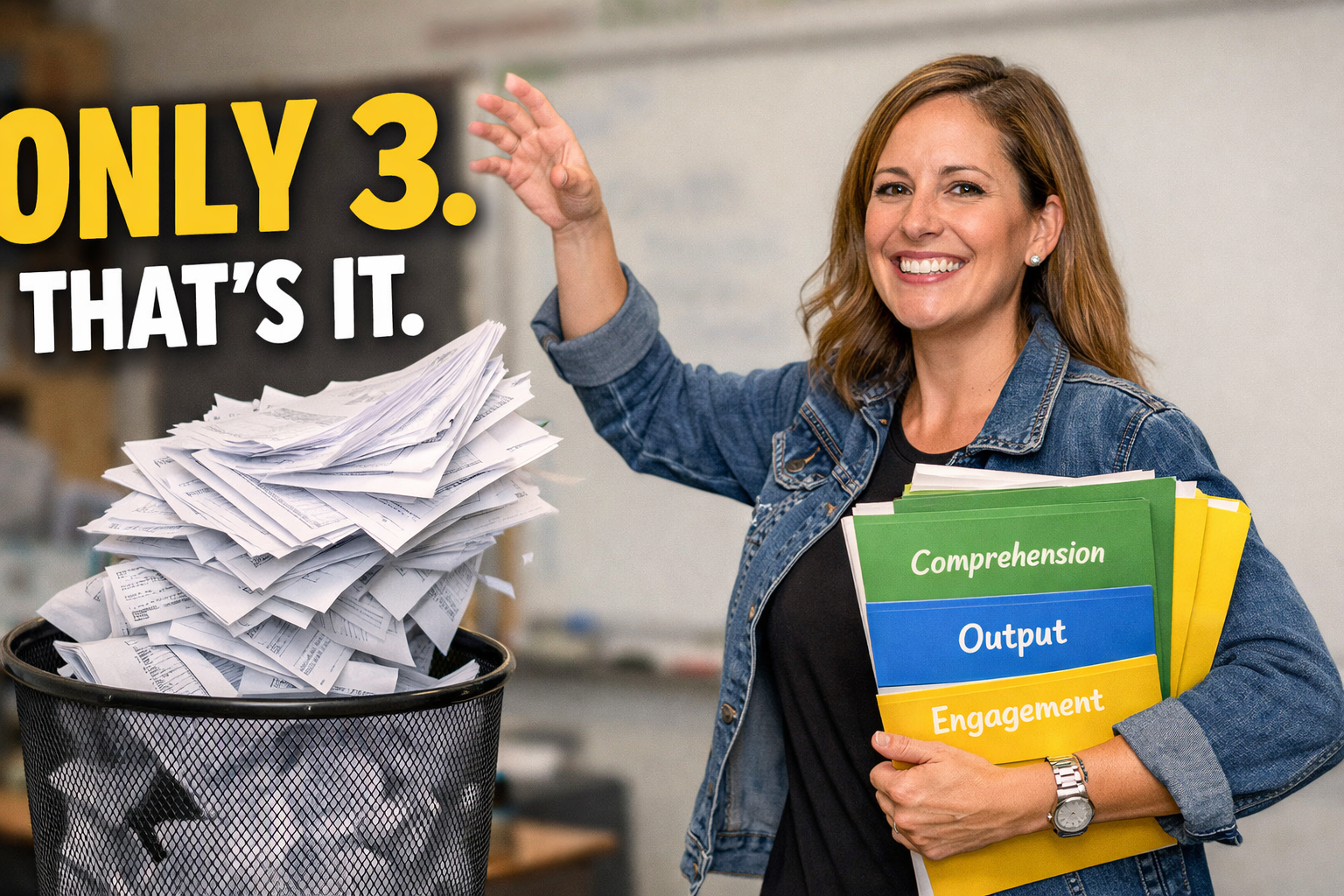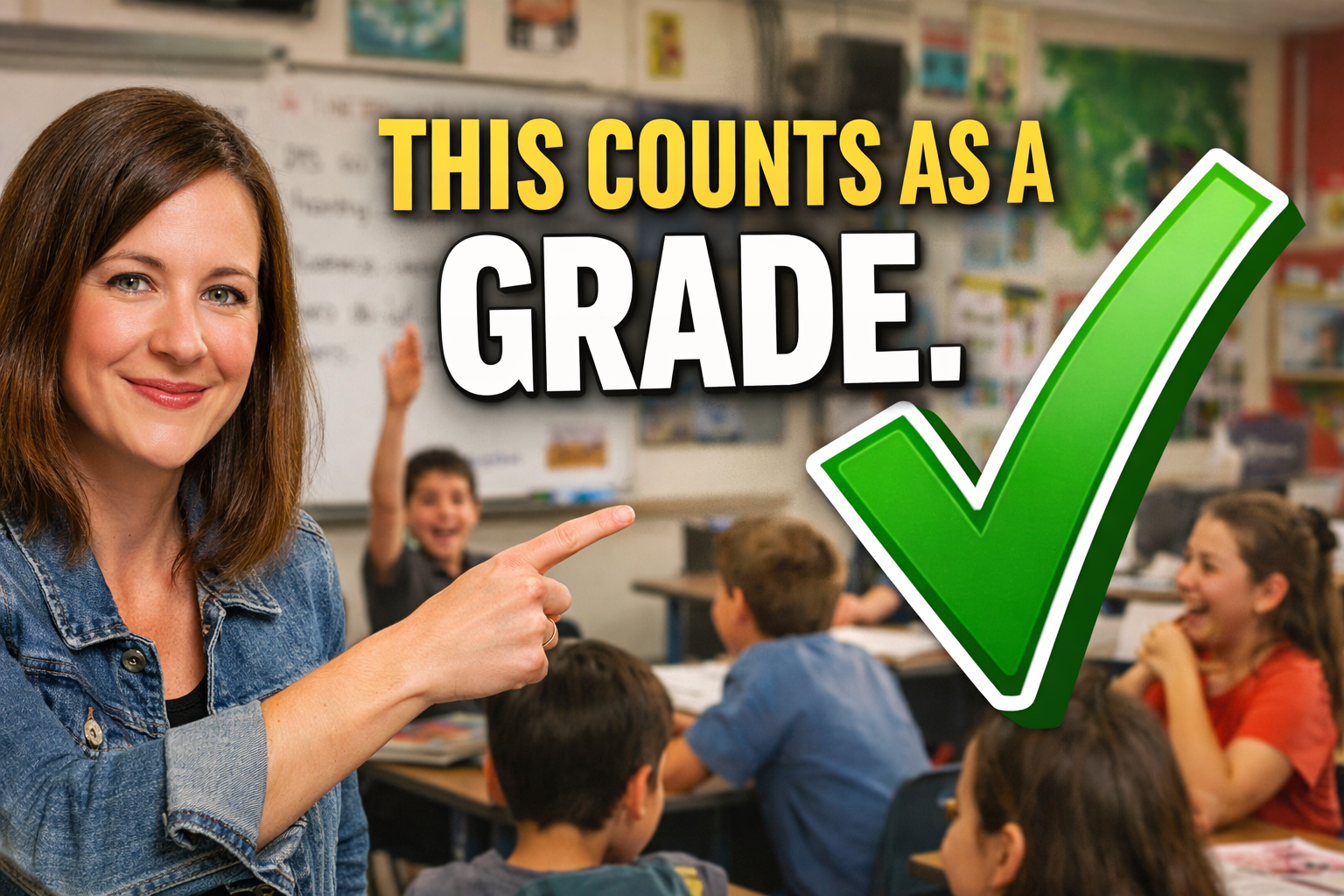
We all know how important comprehension checks are as we are teaching. Without them, we lose guidance on how our lesson is going. Are we going to fast? Are we going too slow? Which students are with us? And which students are lost?
And I know that a lot of you also do end-of-lesson comprehension checks. I know I've implemented in the past "DEDOS!" where students show their hands using their fingers to indicate how much they understood the lesson--10 fingers means 100% comprehension, 6 fingers, 60% comprehension, etc. However, for me with 40+ students in the classroom, it's difficult to gauge individual comprehension-levels. I can get an idea for the class as a whole, but identifying individuals who may need additional assistance, it's quite difficult. Plus, we all know that students lie. Not that they want to deceive us, but they may be embarrassed about their performance level and don't want to be singled out among their peers.
To address this problem, I've come up with my Comprehension-check papers—an integral part of our new Immediate Immersion Curriculum. The idea behind this paper is that students can answer honestly and privately, and it's a record of comprehension for each student over a period of time which makes it easier to identify any issues that may come up.
Each student is handed out one of these sheets. They will keep each sheet for the entire semester. On the front is each week with a spot for the student to write the number 0-10 for each day to indicate their level of comprehension with a larger space for them to write a question or comment. On the back, there's more room for questions and comments.
The teacher then collects this sheet on a daily or weekly basis, responds to any comments or questions, and makes note of any trends. Are students understanding the lessons? Which students are having difficulties? Was there a particular day where there were more issues than normal? Which lessons did all the students understand? Which ones were more problematic? Etc. There's a lot of information that can be gleaned from the sheets and what's best of all, there's a paper trail of evidence for yourself, for parents, for administrators.
Can students still lie on their sheets? Of course they can. But if they know the importance of these sheets, how you use them—not for a grade, but to help teach them better, and that they are confidential, they are less likely to.
After implementing this just this year, I have found that I'm getting a better feel for the pulse of comprehension and learning in my classroom and I've been able to make the appropriate adjustments to my teaching to adapt to the students in front of me each day. Yes, I also got a lot of this information from formative assessments--both observed and paper-and-pencil, but with comprehension checks, I got a little closer to the students point-of-view and a new vantage point.
Along with traditional assessments, these comprehension-check papers have added tremendously to my assessment arsenal.



